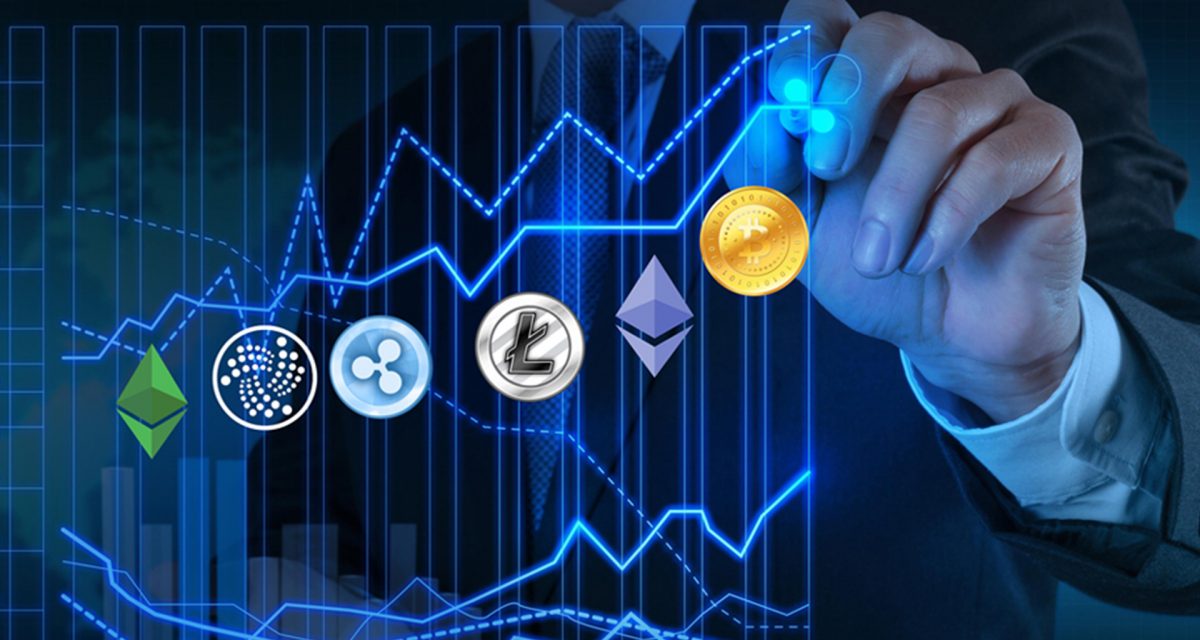In the rapidly evolving world of blockchain technology, Remote Procedure Calls (RPCs) play a crucial role in facilitating interactions between users and blockchain networks. Whether you’re developing a decentralized application (dApp) or seeking to integrate blockchain functionality into your projects, understanding how RPCs work and their impact on various blockchain networks, such as Ethereum and Solana, is essential. This article delves into Ethereum and Solana RPCs, explores the role of RPC node providers, and provides valuable insights into their significance for blockchain developers.
What is an RPC?
Before diving into the specifics of Ethereum and Solana RPCs, it’s essential to grasp the concept of Remote Procedure Calls (RPCs). RPC is a protocol that allows a program to execute a procedure (function) on another address space (commonly on a server) as if it were a local procedure call. In the context of blockchain technology, RPCs enable communication between blockchain networks and external applications or services.
In blockchain environments, RPCs are used to query blockchain data, submit transactions, and interact with smart contracts. By providing a standardized way to communicate with the blockchain, RPCs facilitate a seamless integration of blockchain functionality into various applications.
Ethereum RPC: An Overview
Ethereum, the second-largest blockchain platform by market capitalization, is renowned for its smart contract capabilities and decentralized applications (dApps). Ethereum RPC allows developers and users to interact with the Ethereum blockchain, perform actions, and retrieve data.
Key Functions of Ethereum RPC
- Querying Blockchain Data : Ethereum RPC enables users to query blockchain data such as block information, transaction details, and smart contract states. This is essential for applications that need to fetch and display real-time blockchain data.
- Submitting Transactions : Developers use Ethereum RPC to submit transactions to the Ethereum network. This includes sending Ether (ETH), interacting with smart contracts, and deploying new contracts.
- Interacting with Smart Contracts : Ethereum RPC allows users to call functions on deployed smart contracts and retrieve data from them. This interaction is crucial for dApps that rely on smart contracts for their functionality.
Ethereum RPC Endpoints
To interact with the Ethereum blockchain, developers typically use RPC endpoints. These endpoints provide access to various functionalities offered by Ethereum. Some commonly used Ethereum RPC endpoints include:
- eth_blockNumber : Returns the number of the most recent block.
- eth_getBlockByNumber : Retrieves a block by its number.
- eth_getTransactionByHash : Retrieves transaction details by transaction hash.
- eth_call : Executes a new message call (read-only) to a contract.
For more detailed information about Ethereum RPC and to access various RPC endpoints, you can visit the Ethereum RPC documentation.
Solana RPC: An Overview
Solana, known for its high-performance and scalable blockchain, has gained popularity for its speed and low transaction costs. Solana RPC provides similar functionalities as Ethereum RPC but is tailored for Solana’s unique architecture.
Solana RPC Key Functions
- Fetching Blockchain Data : Solana RPC allows users to retrieve information about blocks, transactions, and accounts on the Solana blockchain.
- Submitting Transactions : Developers use Solana RPC to submit transactions, including token transfers and interactions with smart contracts on the Solana network.
- Interacting with Programs : In Solana, smart contracts are referred to as programs. Solana RPC enables interactions with these programs, allowing dApps to execute functions and retrieve data.
Solana RPC Endpoints
Solana RPC also provides various endpoints for interacting with the blockchain. Some notable endpoints include:
- getEpochInfo : Retrieves information about the current epoch.
- getBlockHeight : Returns the current block height.
- getTransaction : Retrieves details of a transaction by its signature.
- getProgramAccounts : Retrieves accounts owned by a specific program.
For further information on Solana RPC and to access endpoints, visit the Solana RPC documentation.
The Role of RPC Node Providers
RPC node providers play a critical role in the blockchain ecosystem by offering access to blockchain networks via RPC endpoints. These providers host and maintain nodes that interact with the blockchain, making it easier for developers to connect their applications without needing to run their own nodes.
Importance of RPC Node Providers
- Scalability : RPC node providers offer scalable solutions, handling multiple requests from various applications. This allows developers to focus on building their applications rather than managing infrastructure.
- Reliability : Established RPC node providers ensure high uptime and reliability. They manage the complexities of node maintenance, including updates and performance optimizations.
- Accessibility : By using RPC node providers, developers gain easy access to blockchain networks without the need for extensive setup. This democratizes access to blockchain technology and accelerates development.
Choosing an RPC Node Provider
When selecting an RPC node provider, consider factors such as:
- Performance : Evaluate the provider’s response times and uptime guarantees.
- Cost : Compare pricing models and determine what fits your budget.
- Support : Look for providers that offer responsive customer support and documentation.
- Security : Ensure that the provider implements robust security measures to protect your data and transactions.
For a comprehensive overview of RPC node providers and their services, you can explore the RPC Node Provider blog.
Conclusion
Understanding Ethereum and Solana RPCs is crucial for anyone involved in blockchain development. RPCs provide the necessary interface for interacting with blockchain networks, enabling developers to build and integrate applications seamlessly. Ethereum and Solana each have their unique RPC structures and functionalities, reflecting their distinct blockchain architectures.
RPC node providers play an essential role in facilitating access to these blockchain networks, offering scalability, reliability, and ease of use. As blockchain technology continues to evolve, having a solid grasp of RPCs and choosing the right RPC node provider will be key to leveraging the full potential of blockchain networks.
Whether you’re developing a new dApp on Ethereum or building a high-speed application on Solana, understanding and utilizing RPCs effectively will be pivotal to your success in the blockchain space.
